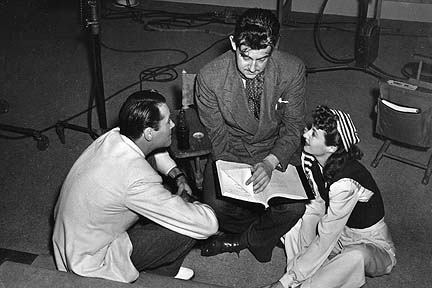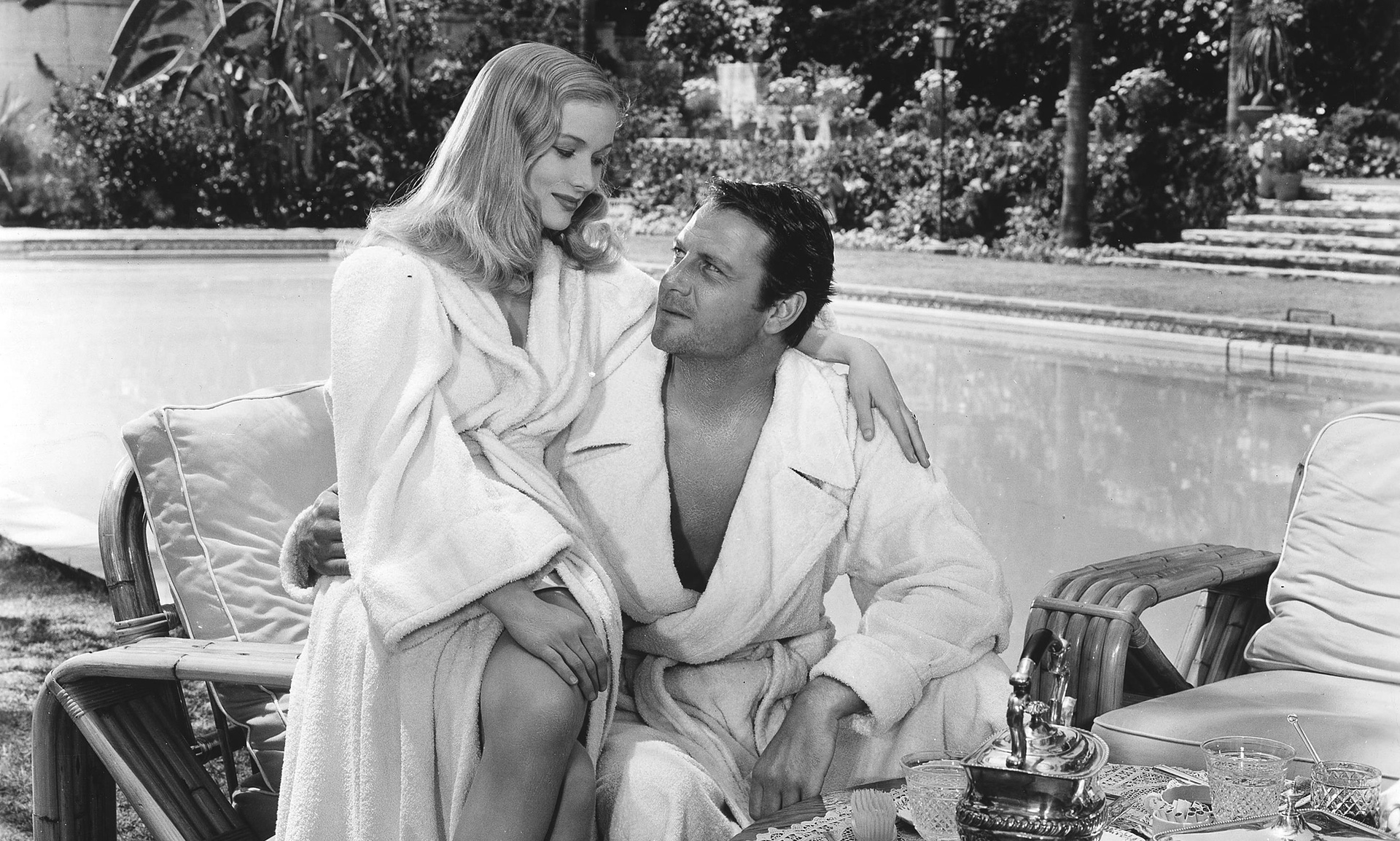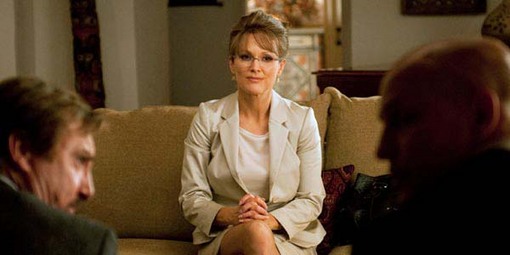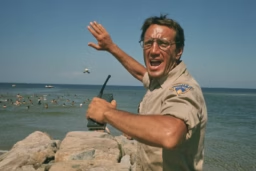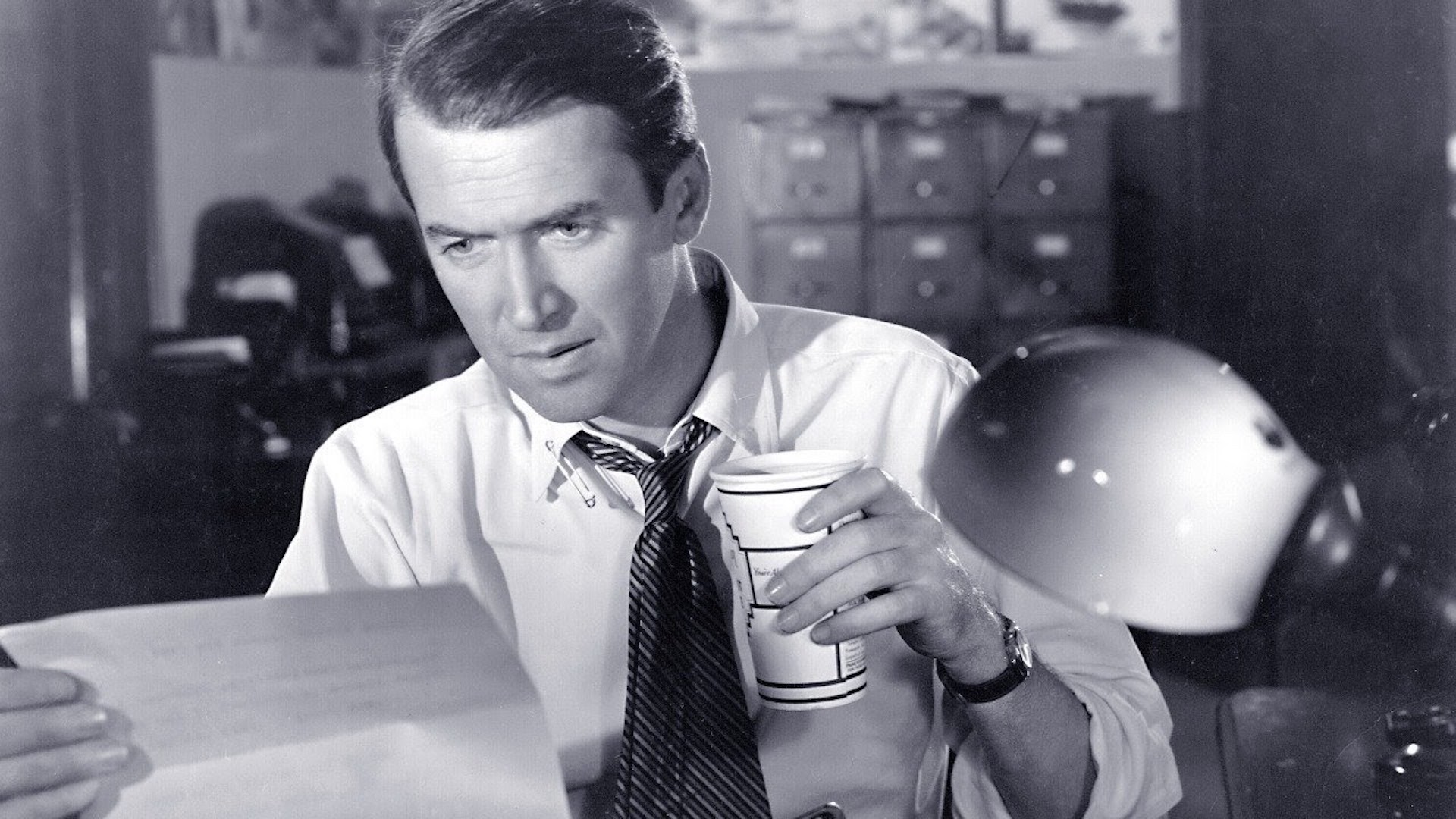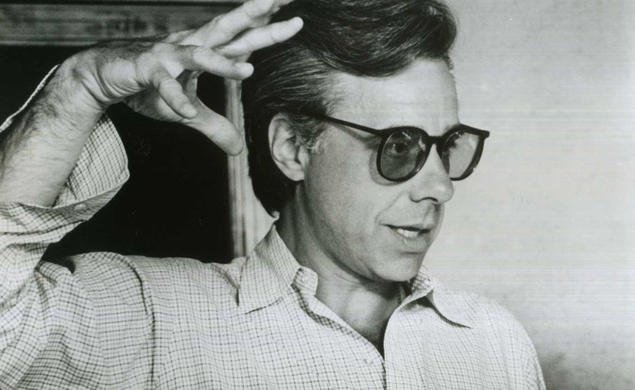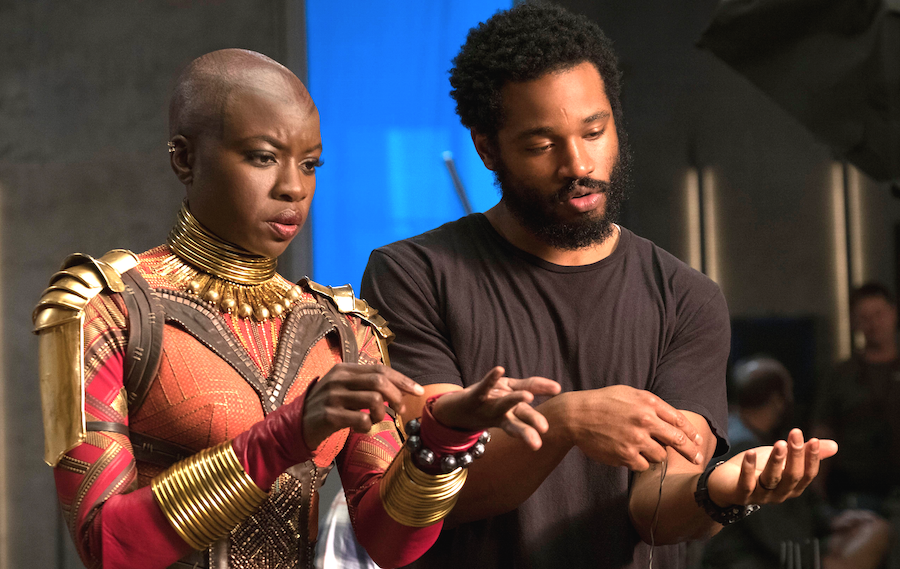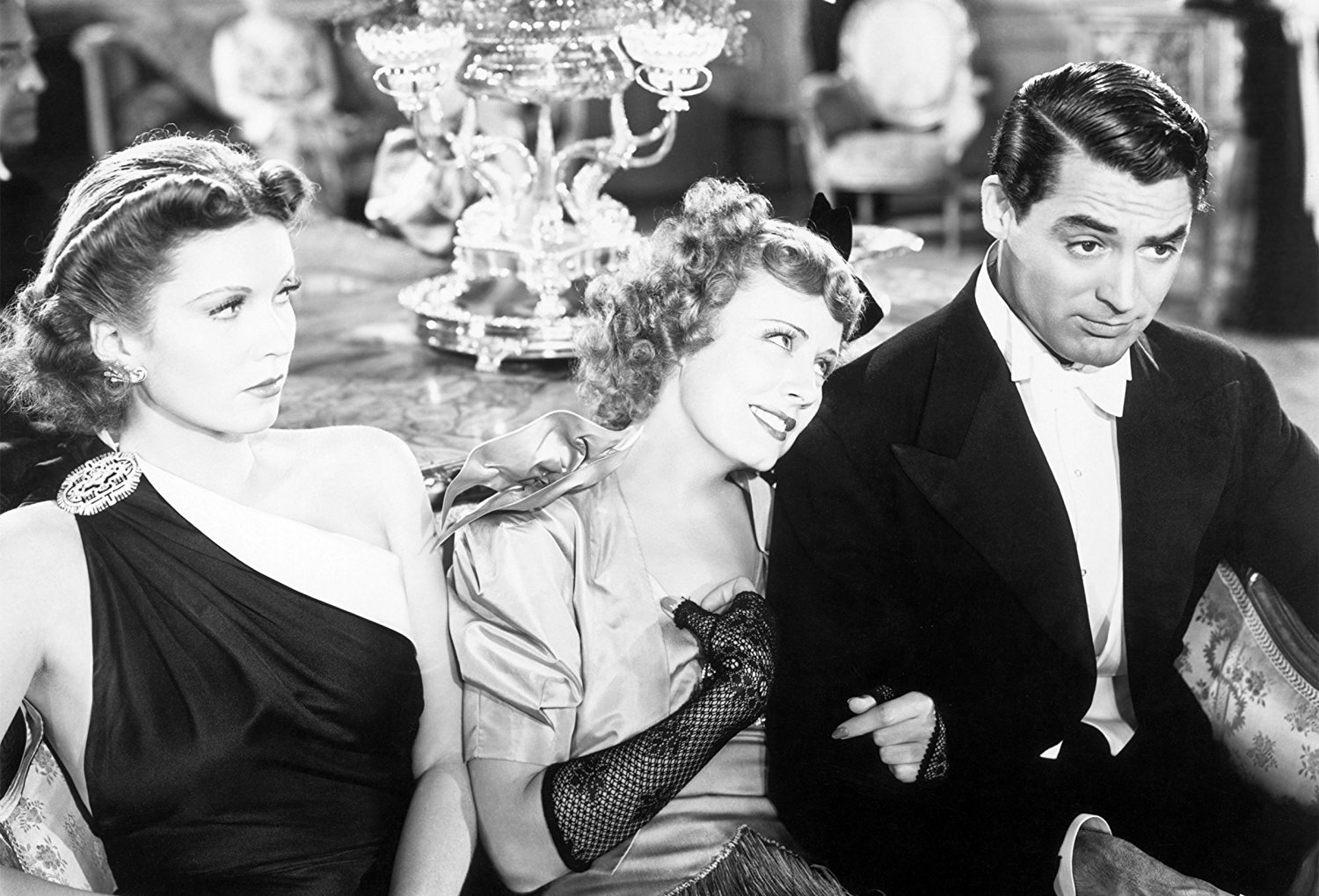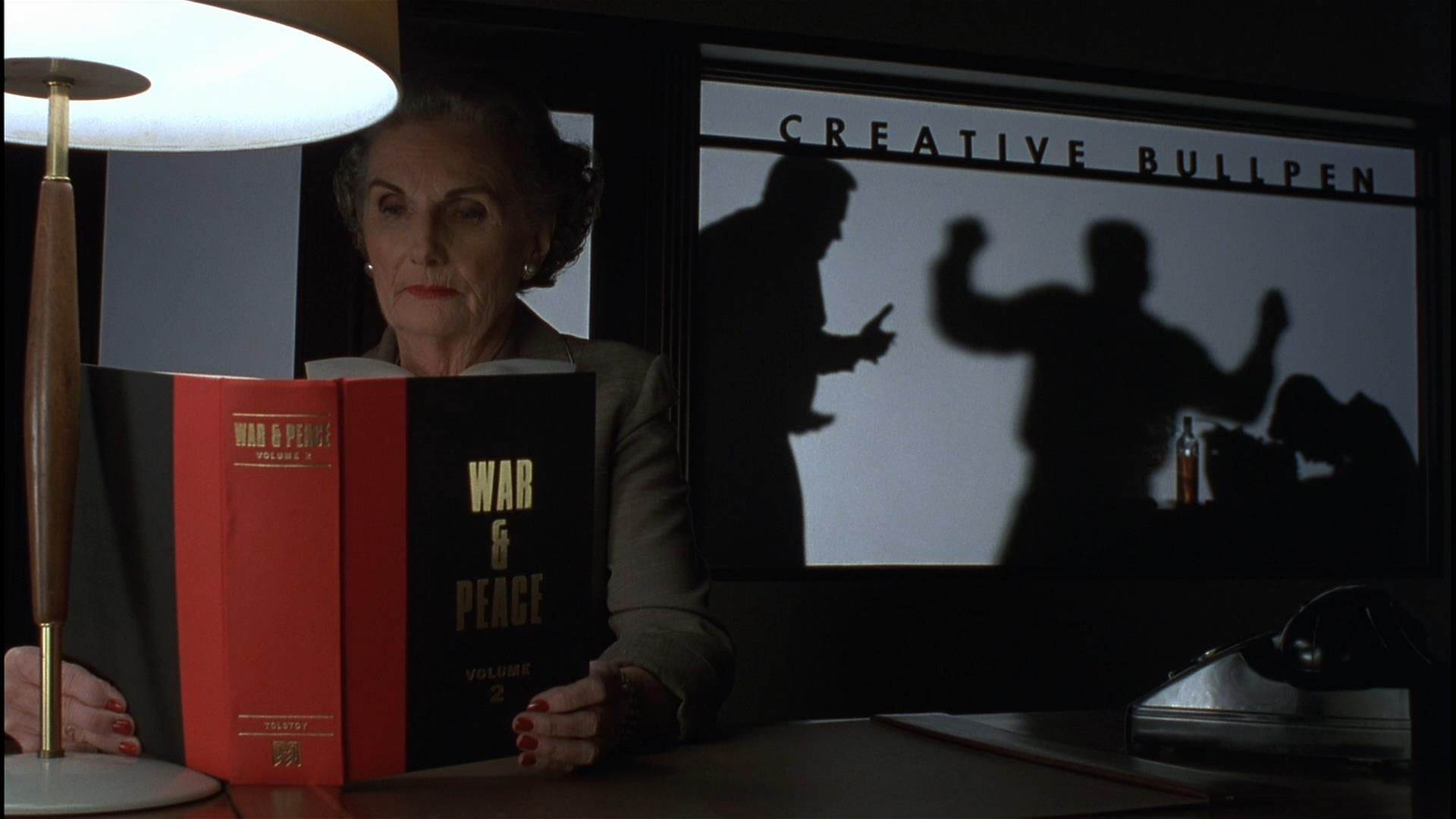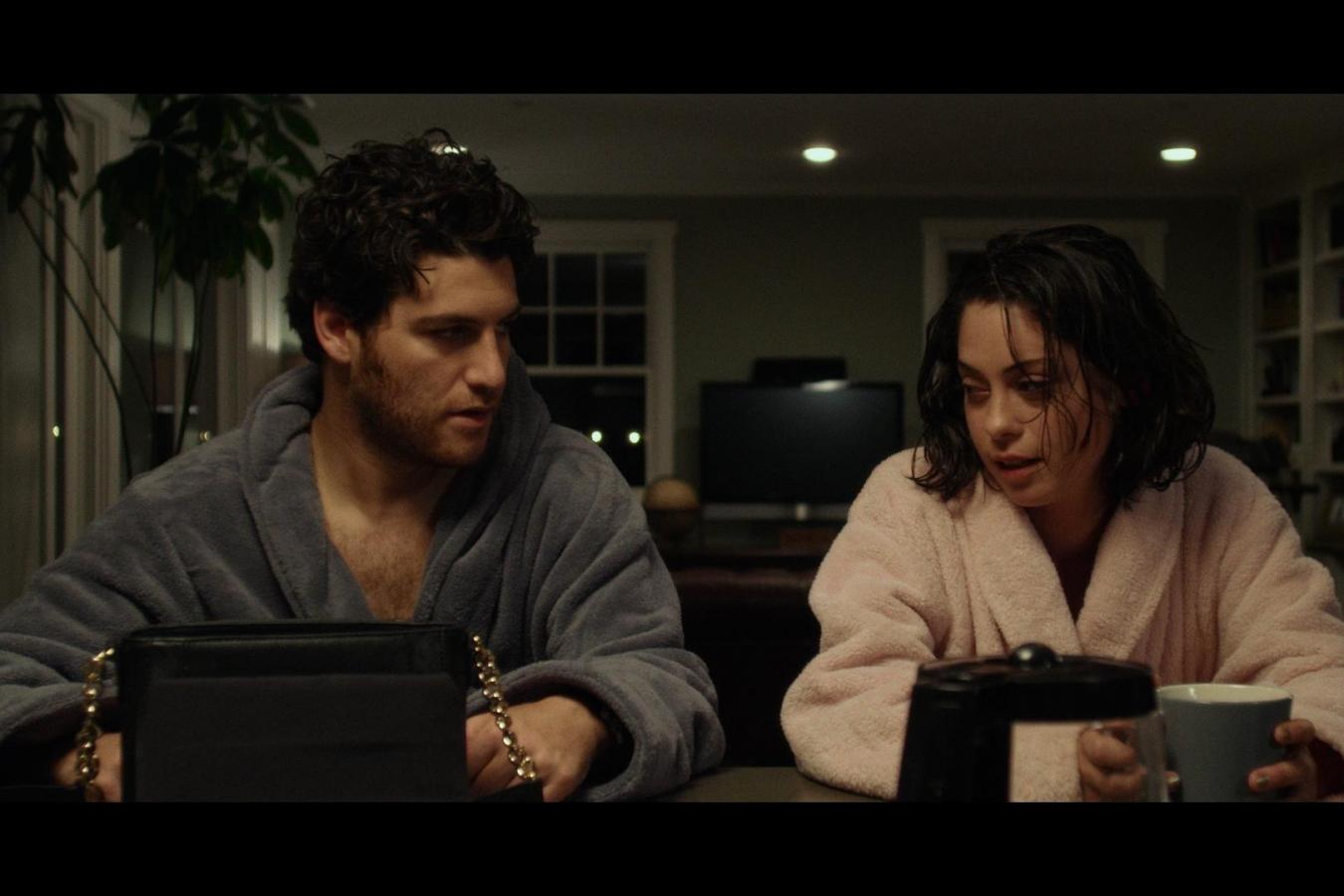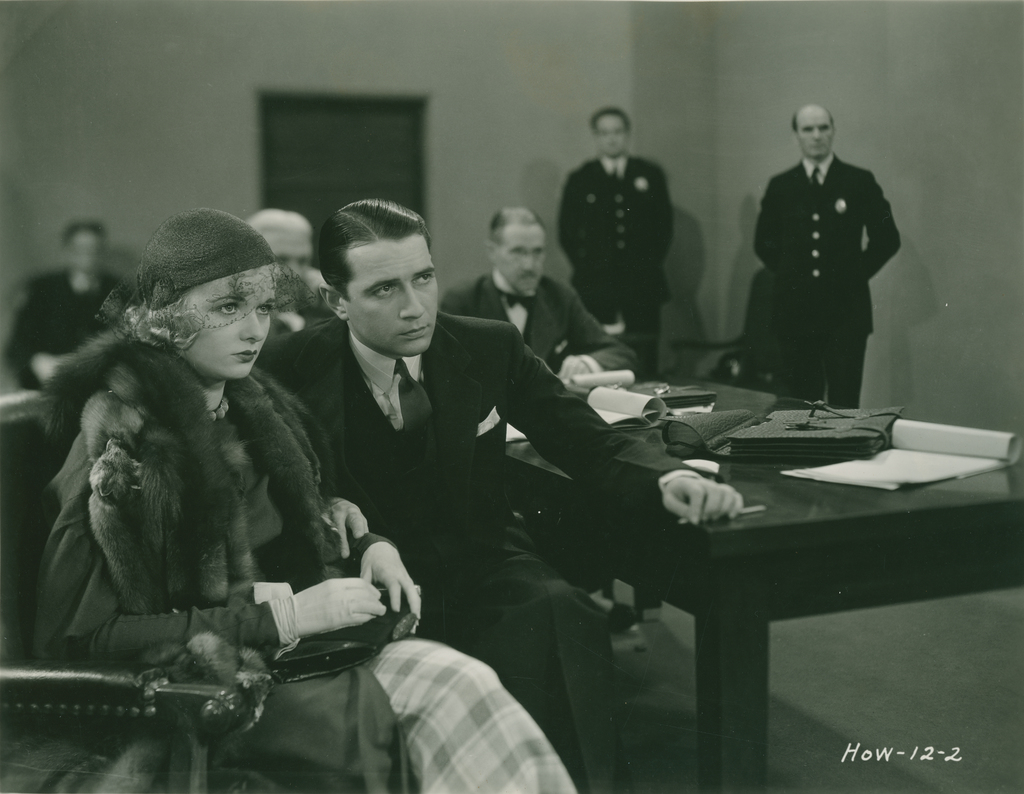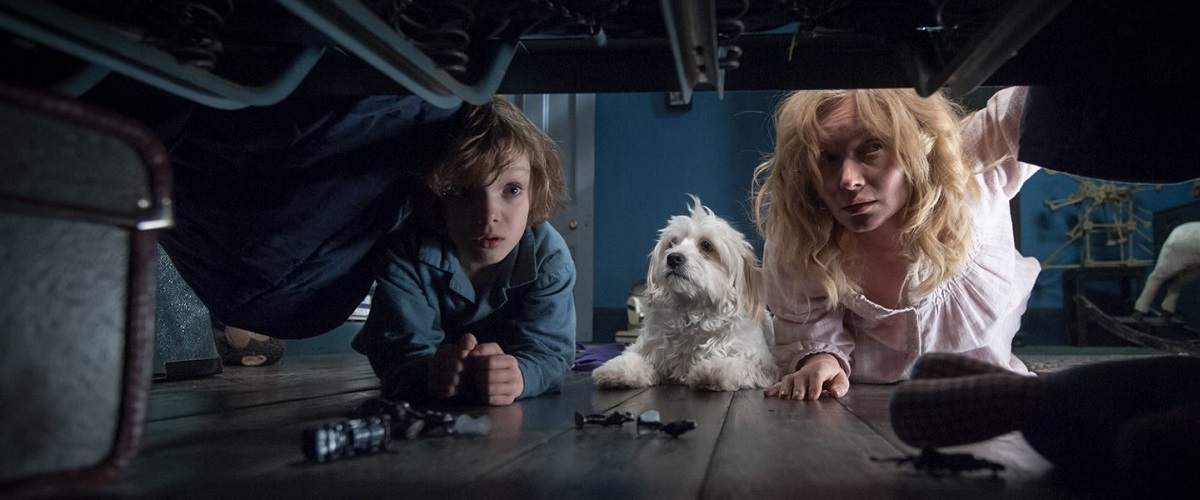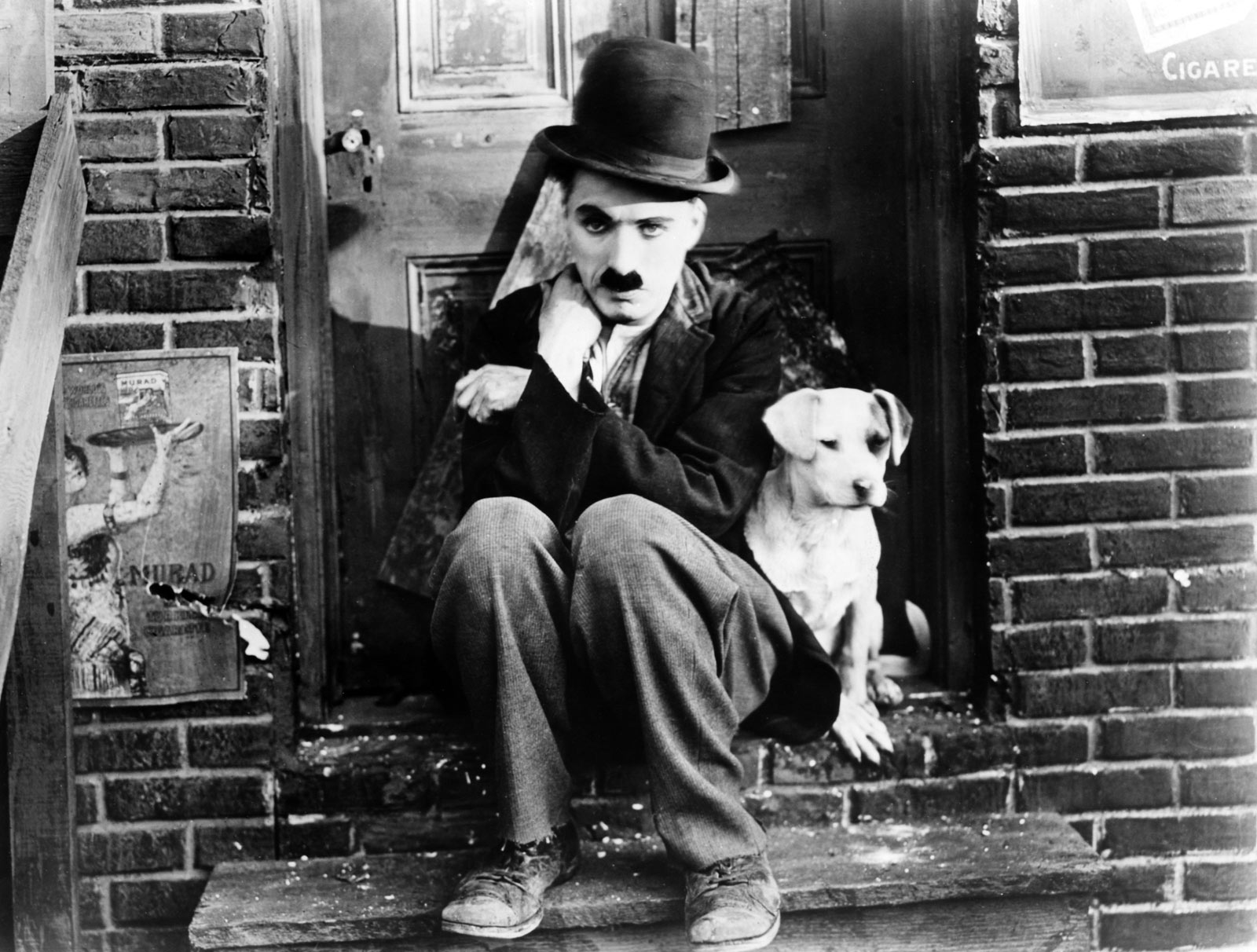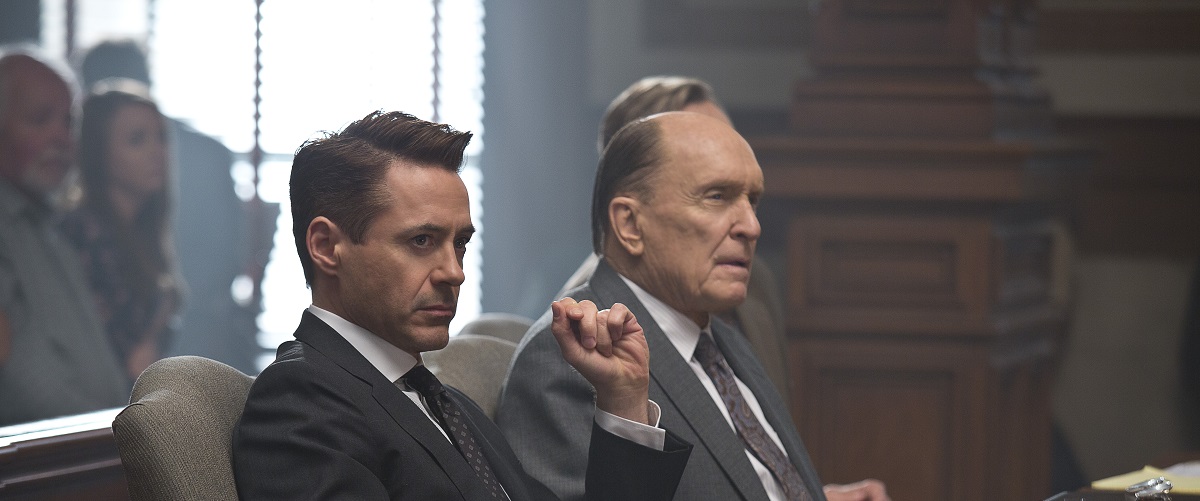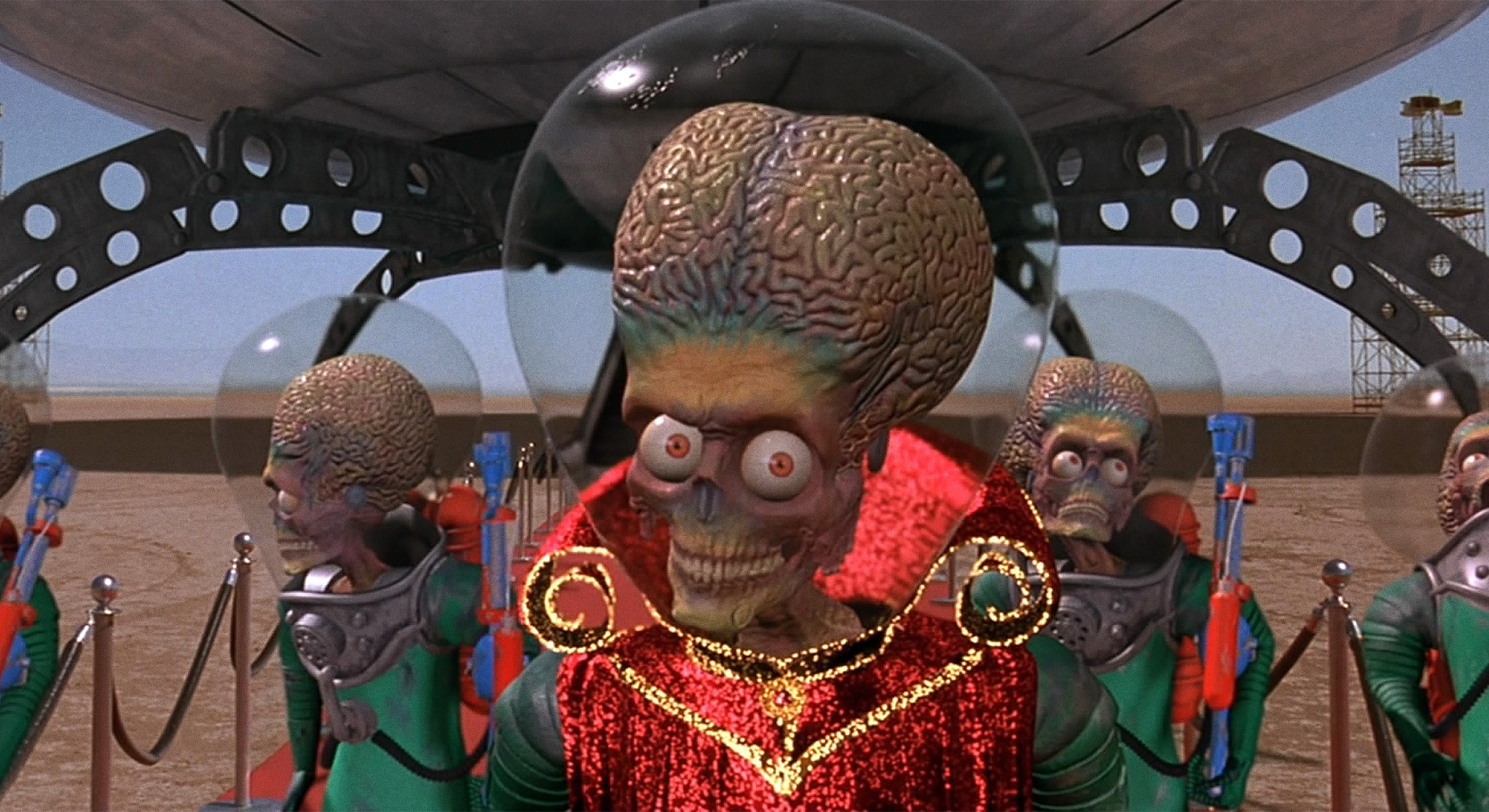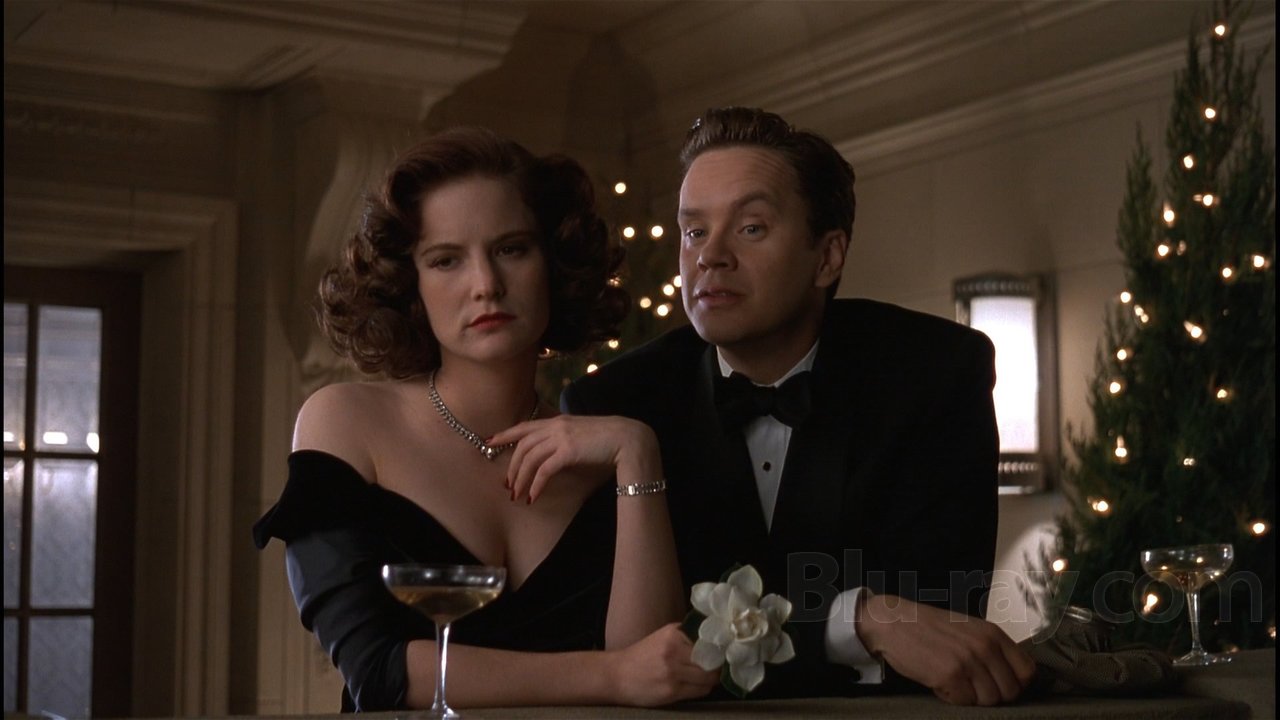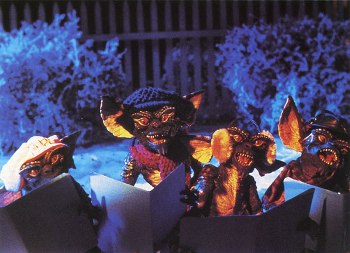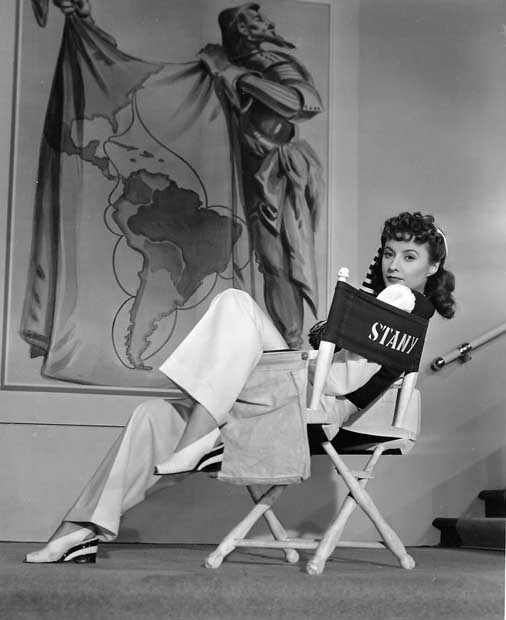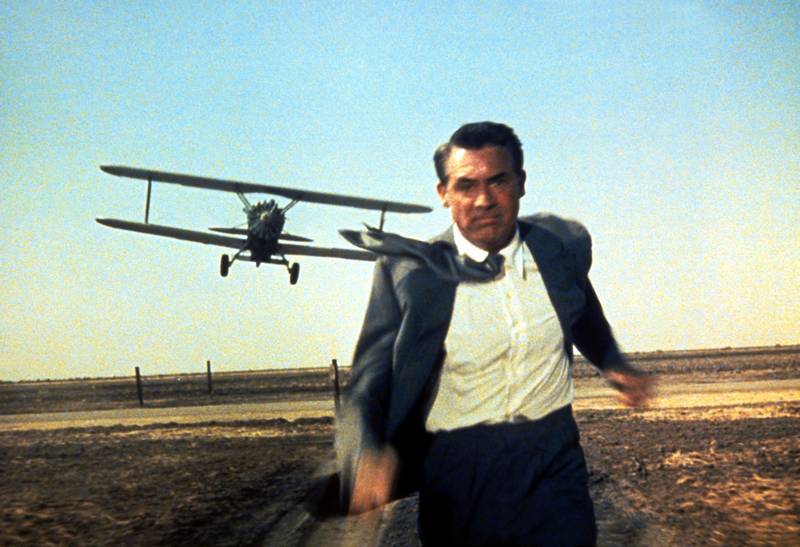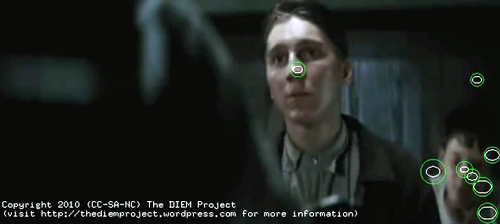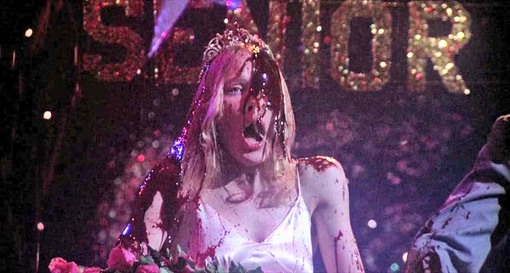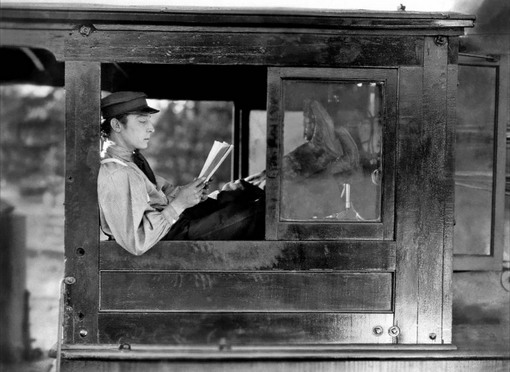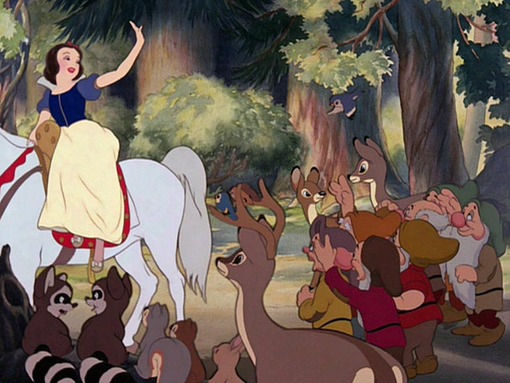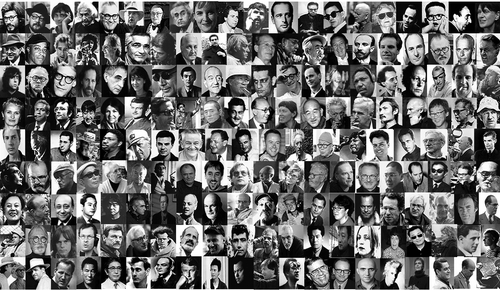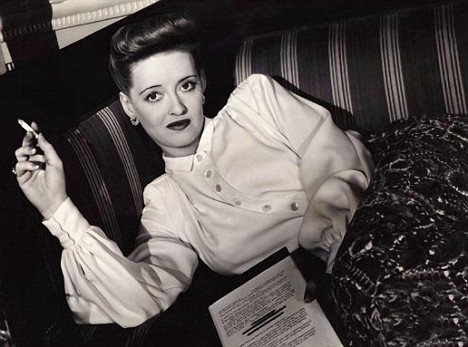Preston Sturges Movie Reviews
Blog Posts That Mention Preston Sturges
Screwball Economics (with Preston Sturges)
Jim Emerson
Thumbnails 2/17/16
Matt Fagerholm
Game Change: Not mavericky, but nice
Jim Emerson
Bow down to Babs
Jim Emerson
The Miracle of Trudy Kockenlocker
Jim Emerson
Words and music
Jim Emerson
TIFF: Short cuts
Jim Emerson
Dialogue as music
Jim Emerson
Shark Attack: “Jaws” Remains as Entertaining as It Was 50 Years Ago
Richard Roeper
Noir City Returns to the Music Box in Chicago
Laura Emerick
TCM Film Festival 2022: Highlights of Getting Back to the Big Screen
Laura Emerick
The Connection to Old Hollywood: Peter Bogdanovich (1939-2022)
Scout Tafoya
Home Entertainment Guide: July 23, 2020
Brian Tallerico
Thank You, George Cukor and Mitchell Leisen – With Props to Ryan Coogler
Carrie Rickey
45 Movies to see at the 54th Chicago International Film Festival
Peter Sobczynski
Home Entertainment Consumer Guide: April 19, 2018
Brian Tallerico
30 Minutes on: “The Hudsucker Proxy”
Matt Zoller Seitz
The Most Influential Filmmakers of All Time
Emma Piper-Burket
True Love Never Did Run Smooth: Rebecca Miller on “Maggie’s Plan”
Susan Wloszczyna
Modern Screwball: Charles Hood on “Night Owls”
Sheila O'Malley
Venice Film Festival 2015: Discovery and Rediscovery
Glenn Kenny
Home Entertainment Consumer Guide: April 23, 2015
Brian Tallerico
Charlie Chaplin’s “The Tramp” at 100
Dan Callahan
Home Entertainment Consumer Guide: February 4, 2014
Brian Tallerico
The ten thousand rule: Timothy Patrick Monyihan, aka Gus Murphy, aka M, aka Mendl, 1956-2015
Matt Zoller Seitz
The Greatest Living Actress: Author Dan Callahan on the Legacy of Vanessa Redgrave
Sheila O'Malley
Thumbnails 2/7/2014
Matt Zoller Seitz
The Unloved, Part 3: The Hudsucker Proxy
Scout Tafoya
The Twelve Scenes of Christmas: Numbers 8 to 5
Brian Doan
Utterly Modern: The Charisma of Barbara Stanwyck
Nell Minow
Cannes review: Marcel Ophüls puts his memoirs on film in “Ain’t Misbehavin (Un Voyageur)”
Ben Kenigsberg
Hey, Dude: Jeff Dowd downloads on the Sparo-at-the Yarrow
Roger Ebert
Taking the off ramp to reality
Roger Ebert
101 102 Movies You Must See Before…
Jim Emerson
Deep Focus: Freedom of (eye-)movementin eight of the greatest long takes ever
Jim Emerson
How we really watch a movie
Jim Emerson
The great movies (almost) nobody voted for
Jim Emerson
Greatest Films of All Time: Where’s the funny?
Jim Emerson
Why the Hell It’s Funny Or Not, Part 2 or Possibly 3
Jim Emerson
You say goodbye and I say hello
Jim Emerson
“I saw a Rohmer film once…”: The truth behind the Night Moves meme
Jim Emerson
Name That Director!
Jim Emerson
Intimate connections
Jim Emerson
1. Ten 2. Best 3. Lists
Jim Emerson
Waiting for greatness at a solid fest
Roger Ebert
Our gal Tilda and her magical perambulating film festival
Roger Ebert
Drag that critic from the theater!
Roger Ebert
Popular Reviews

The best movie reviews, in your inbox
